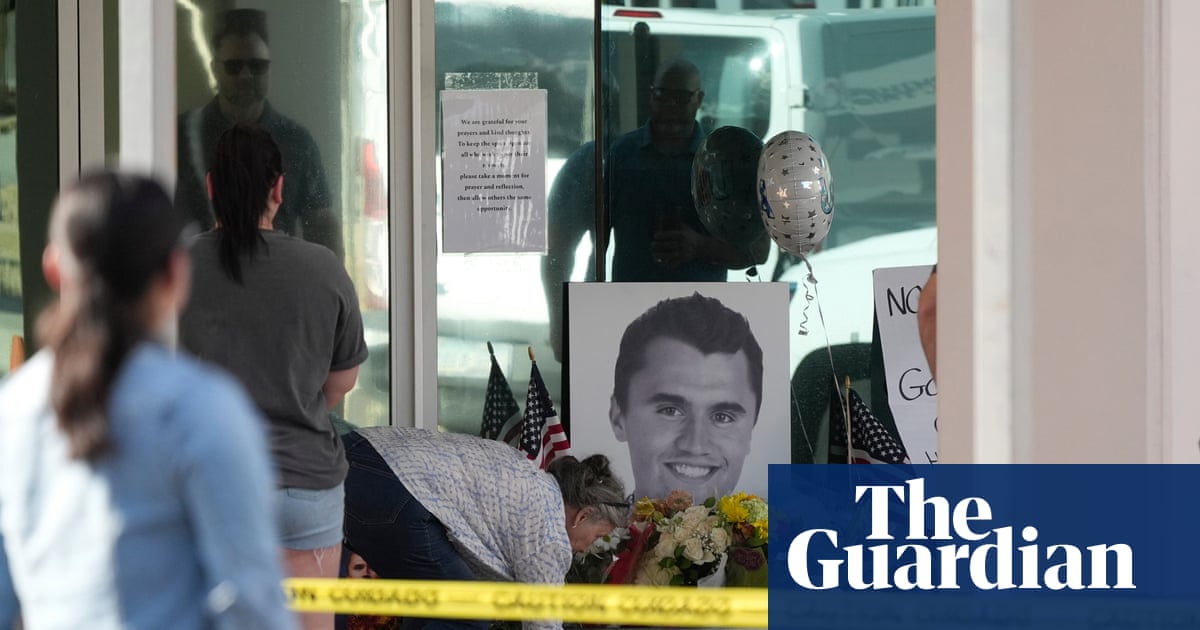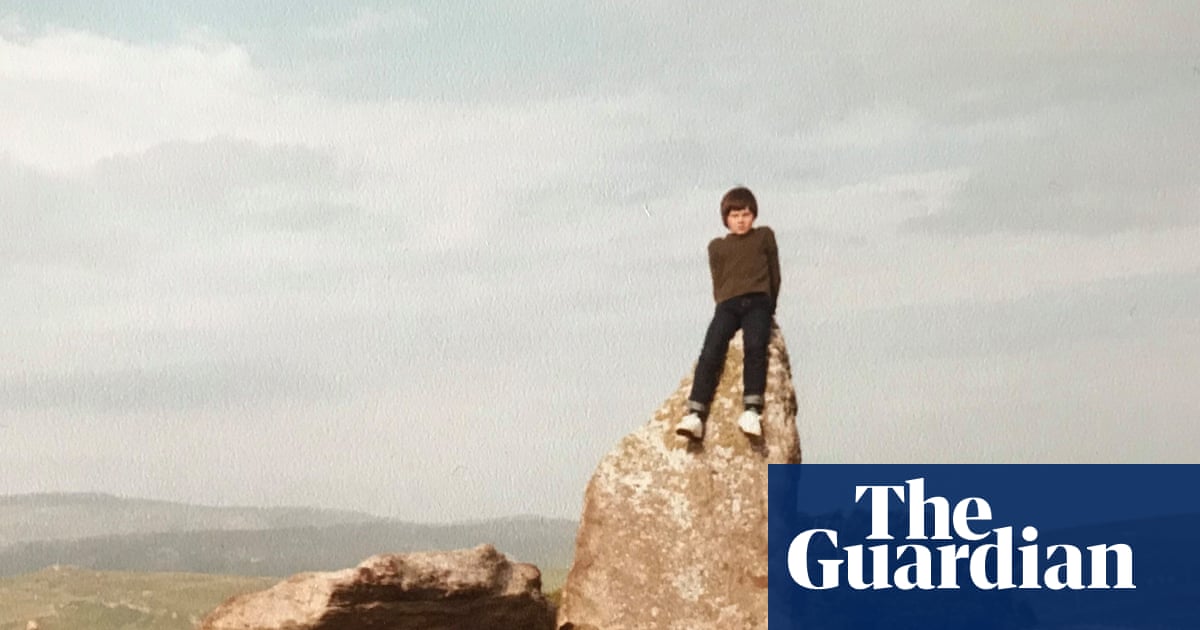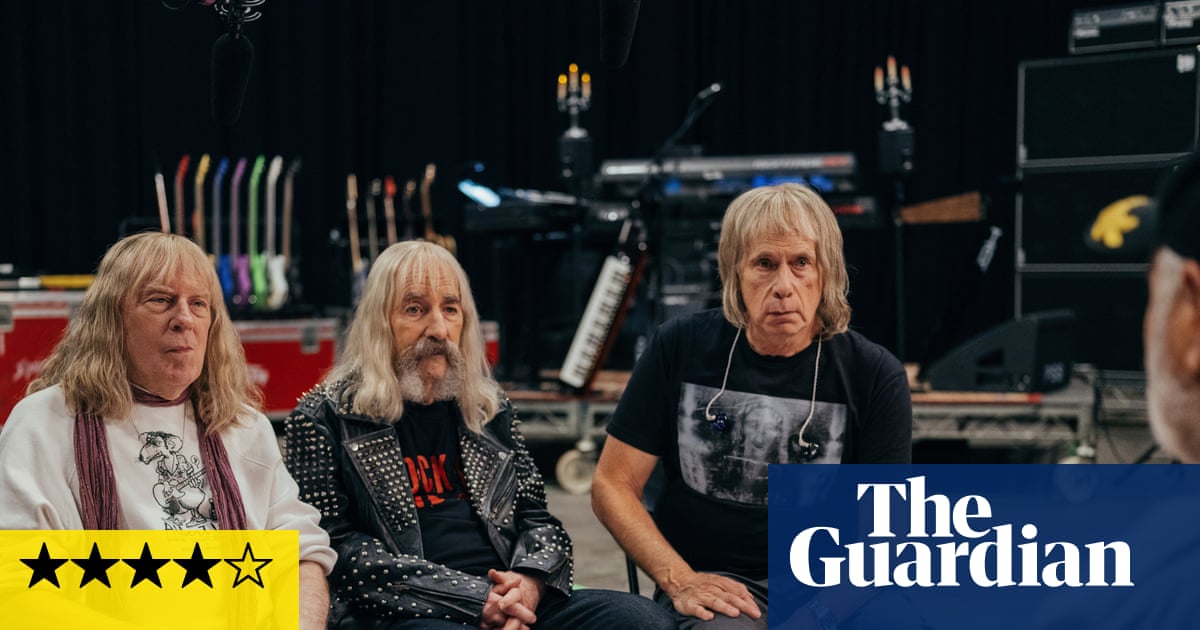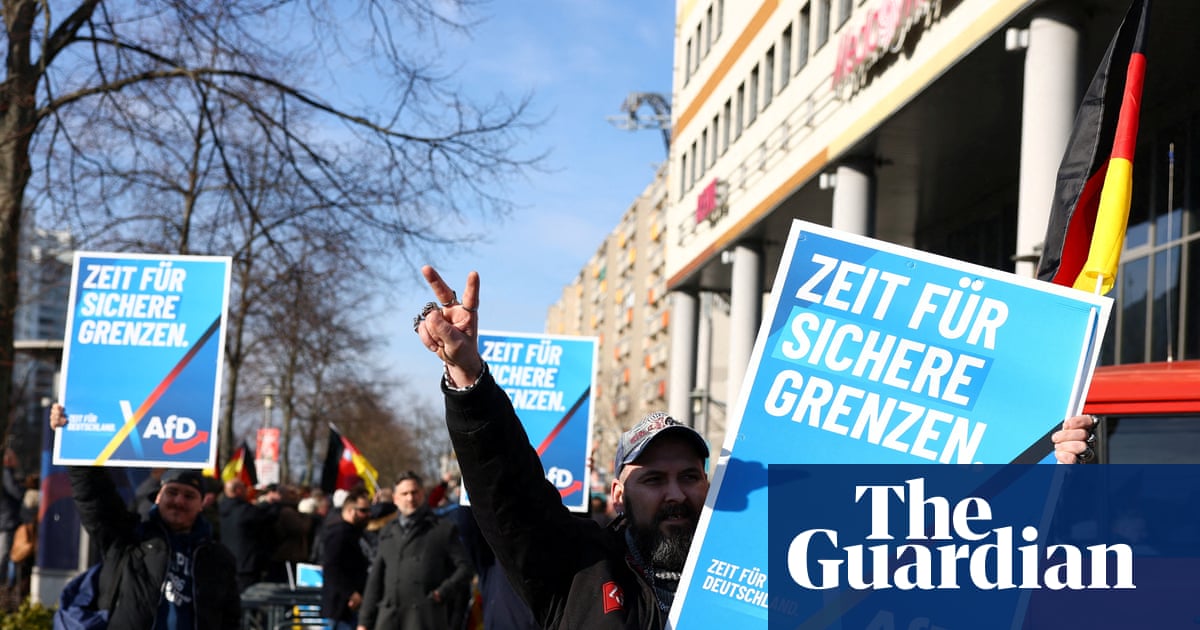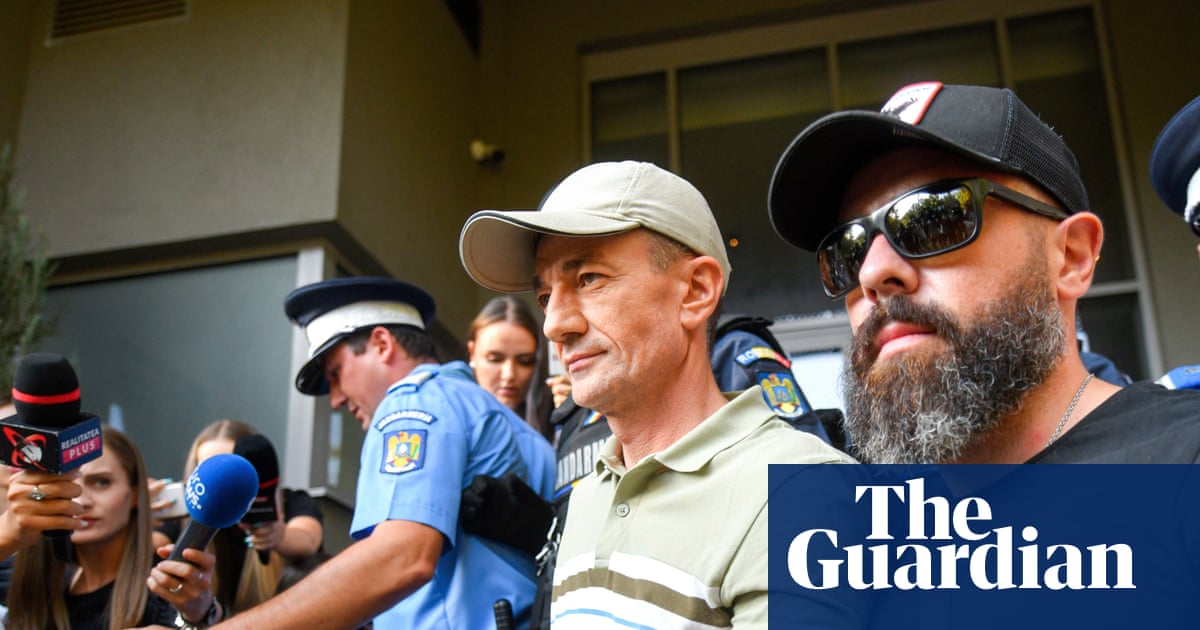Nearly two years into the largest Rico, or conspiracy, prosecution against a protest movement in US history, the case is mired in delays and defence claims that proceedings are politically motivated and ruining the lives of the 61 activists and protesters who face trial.
Rico cases are usually brought against organized crime, and are associated with the mafia, but in Georgia a sprawling prosecution has been brought against dozens of people opposed to a police training center near Atlanta known as Cop City.
The controversial training center – which officially opened its doors last months in an invitation-only ceremony – attracted global headlines after police shot dead Manuel Paez Terán, or “Tortuguita”, an environmental activist protesting against the project, in January 2023.
Opposition to the training center, built on a 171-acre footprint in a forest south-east of Atlanta, has included local and national organizations and protesters, centered on concerns such as unchecked police militarization and clearing forests in an era of climate crisis.
Atlanta police officials say the center is needed for “world-class” training, and to attract new officers.
Last week, defense attorneys in the halls of Fulton county superior court were still unclear on or unhappy with the results of the most recent hearing in the case.
“So when is it that the trial would begin?” one veteran defense attorney asked another – after the day’s proceedings were supposed to have answered at least that question.
Another highlighted how the state had introduced more alleged evidence against the 61 defendants tied to a movement to stop Cop City the same morning – despite the court already having given prosecutors two deadlines for discovery material, the last one a year ago.
The state’s indictment alleges that actions ranging from throwing molotov cocktails to paying for camping supplies for protestors who occupied woods near the proposed site of the training center were “in furtherance of the conspiracy”.
There were already more than five terabytes of evidence that one defense attorney described as “unorganized, not date-stamped, with some files corrupted” during the hearing.
Chaos has accompanied the case since Georgia attorney general Chris Carr’s August 2023 indictment of 61 people used Rico to prosecute the case, several defense attorneys said.
As the case drags on, “it’s not just your case and your freedom, but what you do in your everyday life that is on hold,” said attorney Xavier T de Janon.
De Janon mentioned his client, Jamie Marsicano, as an example: they have graduated law school and passed the North Carolina bar – but won’t be admitted until the charges are resolved.
Also, the case’s high profile means “a precedence could be set, a potential chilling effect: when people are protesting against the government, they see other people prosecuted for Rico,” said defense attorney Brad Thomson, with the People’s Law Office.
This is particularly important right now, Thomson added: “We’re seeing with the Trump administration that people are even being deported for protesting.”
Judge Kevin Farmer, newly assigned to the case after the previous judge left for another court, reminded a full courtroom at least four times that Georgia’s attempt to charge the protesters with criminal conspiracy was already nearly two years old.
Defense attorneys reminded the court that numerous irregularities had already occurred.
“Y’all brought this case, at the time you brought it – that was your choice,” Farmer told Georgia’s deputy attorney general, John Fowler, at one point, referring to several missed deadlines set by the court.
At Wednesday’s proceedings, Atlanta’s police presence included officers standing across the street taking photos of protesters urging the state to drop the charges, posting up on the corner and parking along the street in front of the courthouse.
An overflow courtroom had to be arranged for supporters and media trying to follow along.
Farmer, in his first hearing as the new judge on the case, acknowledged its scale. “I have a 61-person elephant. Normally you try to eat the elephant one bite at a time. I’m gonna try to eat the elephant four or five bites at a time,” he said.
The plan: hold trials of small groups of defendants, each one lasting around a month, and then fewer over time, according to Fowler.
Farmer said trials could begin as early as June – but then the day’s proceedings included the state’s intention to release more evidence, recovered from undercover agents, according to Fowler. De Janon said evidence already included 37 days of bodycam and surveillance video and 29 days of audio files.
Farmer also said he wanted defense attorneys to file individual motions on behalf of their clients by 30 May, rather than sign on to each other’s, as many have done until now. This means the number of motions – on issues such as alleged first amendment violations or misuse of Georgia’s Rico statute – could balloon from more than 250 to three or four times that amount, De Janon said.
Another wrinkle in the proceeding: the case’s former judge, Kimberly M Esmond Adams, issued an order at 10.50pm the night before, denying motions to dismiss filed from one group of defendants – including members of the Atlanta Solidarity Fund (ASF), or ASF, a bail fund whose members are mentioned more than 100 times in the original indictment’s 109 pages.
Their attorney, Don Samuel, told the court he did not understand why Adams would respond to motions received in September on the night before the hearing, and that the order did not address issues raised in his motions. The ASF defendants may be in the first group to face trial as early as next month, according to the court.
An attorney with more than a decade’s experience in Atlanta who observed the proceeding said he had “never seen a judge who was no longer on a case blindside an attorney or group of attorneys with an order sent at the last minute the night before a hearing”.
Outside the courthouse afterward, ASF member and defendant Marlon Kautz pointed to the case’s continuing impact: “As long as 61 people are facing decades in prison … simply for being associated with a political movement, protest everywhere is chilled and intimidated.”

 3 months ago
47
3 months ago
47





